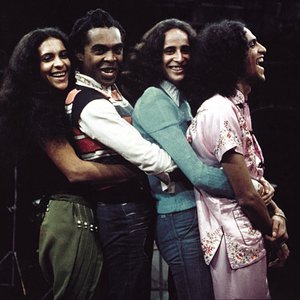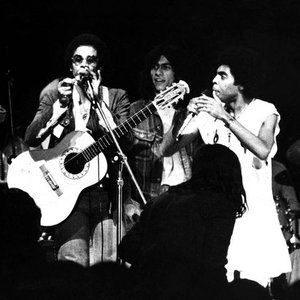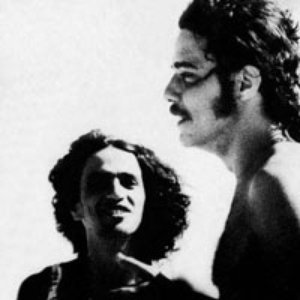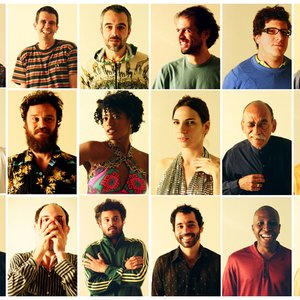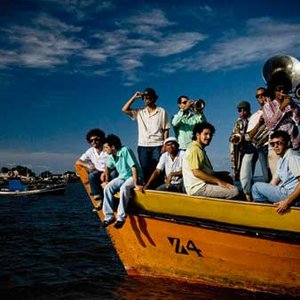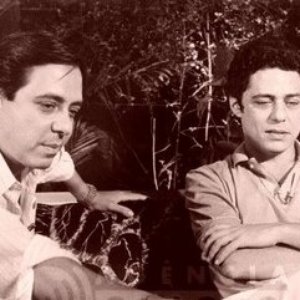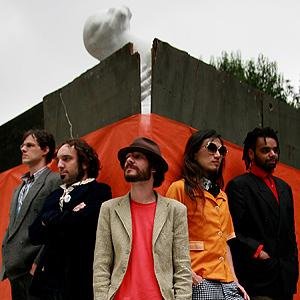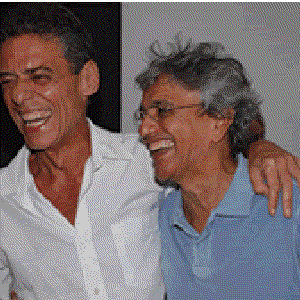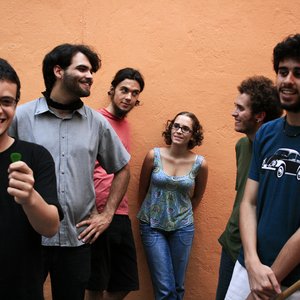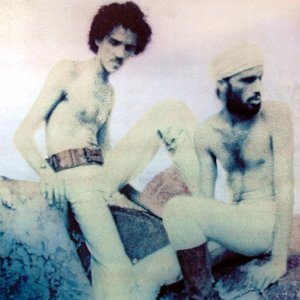Biography
-
Born
1968 (age 56)
Tropicalismo, also known as Tropicália, is a Brazilian art movement that arose in the late 1960s and encompassed theatre, poetry and music, among other forms. Tropicalia was influenced by poesia concreta, a genre of Brazilian avant garde poetry embodied in the works of Augusto de Campos, Haroldo de Campos and Décio Pignatari, among a few others.
"Tropicalismo" or "Tropicália" is associated almost exclusively with the movement's musical expression, both in Brazil and internationally; a form of Brazilian music that arose in the late 1960s from a melange of bossa nova, rock and roll, Bahia folk music, African music and Portuguese fado.
In the beginning, Tropicalia was not only a musical movement, but also took form in the visual arts scene of 1960s Brazil, by the hands of the artists Hélio Oiticica, Lygia Clark, Rogério Duprat and Antonio Dias. The name "Tropicália" came from an Hélio Oiticica art installation of the same name. It is important to note that one of the cultural constructs of the Tropicalia movement was Antropofagia or the cultural and musical cannibalism of all societies, taking in without prejudice influences from all types of genres and concocting something unique. The concept of antropofagia as embraced by the Tropicália movement was created by poet Oswald de Andrade in his 1928 Manifesto Antropófago (Cannibal Manifesto).
The 1968 collaboration album Tropicália: ou Panis et Circenses is considered the musical manifesto of the movement. Caetano Veloso and Gilberto Gil are considered the leaders of the movement. Veloso, Gil and other artists commonly associated with the movement, notably Os Mutantes, have experimented with unusual time signatures and other means of unorthodox song structures. A lot of tropicalismo artists were driven by socially aware lyrics and political activism following the coup of 1964, much like its contemporary Brazilian film movement, Cinema Novo (Brazilian new wave). The movement only lasted consistently for a few years, and, in part, is responsible for what is now known as Música Popular Brasileira (Brazilian Popular Music), or MPB. Tropicália as a movement ended in 1969 when its leaders, Caetano Veloso and Gilberto Gil, were jailed for about a month and, shortly after their release, exiled by the military government. (They relocated to London until 1972.)
Artist descriptions on Last.fm are editable by everyone. Feel free to contribute!
All user-contributed text on this page is available under the Creative Commons Attribution-ShareAlike License; additional terms may apply.

